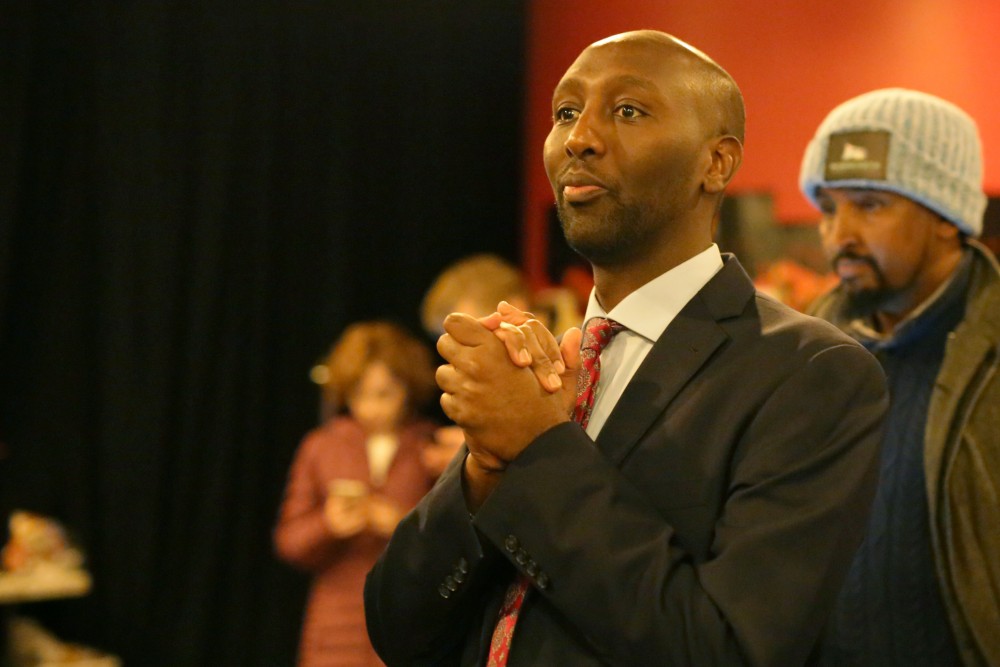A bill introduced to the state legislature earlier this month would eliminate cash bail, which lawmakers say disproportionately affects low-income individuals.
Rep. Mohamud Noor, DFL-Minneapolis, introduced a bill this month that would require judges to release individuals charged with misdemeanors without paying bail. Excluding individuals charged with DWI violations or domestic violence, the bill would allow people deemed low-risk to stay out of jail until their court appearance.
The current system can be a burden on low-income individuals who don’t have the means to post bail, said Noor, who represents the University of Minnesota and surrounding neighborhoods. He said he has personally paid the bail of a few constituents who would have otherwise remained in jail.
“We don’t want somebody who could probably be an innocent person to lose their job, their housing, maybe sometimes even their kids because they cannot afford to pay for cash bail,” Noor said. “That’s something which I personally call criminalizing poverty.”
Defendants who can afford to post bail and stay out of jail have an advantage over lower-income offenders, Noor said. He hopes to target inequity in the system through this legislation.
“Because of the wealth that they have and the income that they have, they can afford to stay out of jail because they were able to pay. So technically, that creates a challenge for those who don’t have the resources to buy their freedom,” he said.
The Minnesota Freedom Fund, an organization that posts bail for low-income individuals, pays an average of $245 per case, but many bails are no more than $78, according to executive director Tonja Honsey. Honsey said 95 percent of people they’ve helped were people of color.
Honsey said keeping nonviolent individuals in jail unnecessarily burdens taxpayers.
“It shouldn’t matter how much wealth you have,” Honsey said Feb. 19 at a House public safety committee hearing. “If you don’t have wealth, you should still be able to be a part of our community and fight your case.”
Although the legislation is new for Minnesota, similar policy was implemented by Philadelphia District Attorney Larry Krasner after he was elected in November 2017. A recent study examining the policy’s effect on the city showed an immediate decrease in people who spent at least one night in jail. The study, conducted by professors at University of Pennsylvania and George Mason University, also showed no change in the number of people who failed to appear in court.
“There’s literally no change in failure-to-appear rates. In fact, the appearance rate is better than what people had anticipated, so the data is actually very positive and not negative,” said State Public Defender William Ward at a House judiciary committee hearing Tuesday.
The bill was re-referred to the public safety committee Tuesday.








